Sessions / Zoom 15

College Graduates Desire Suggestion-Making Tips #658
A questionnaire was given to 26 Japanese working women and 25 Japanese female college seniors to investigate what speech acts they wanted to have learned in college English courses. The results showed that 84.6% of the working women wished they had learned making suggestions. Then, eight business English course books were investigated. Four of them included making suggestions but none gave instruction related to sociocultural information necessary to use this speech act appropriately.
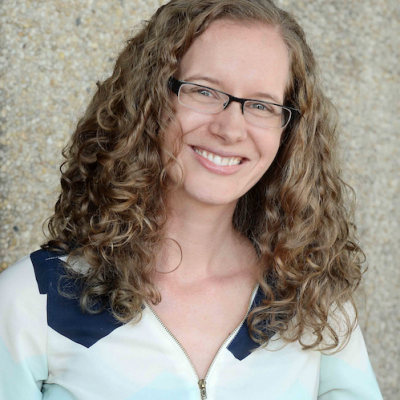
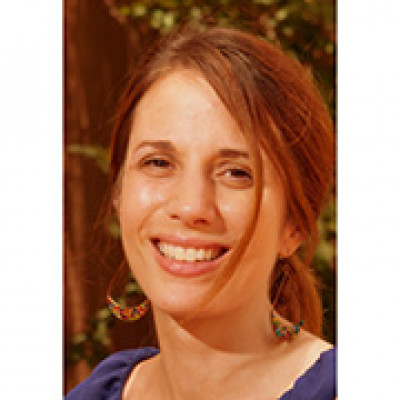
Accessibility and Equity Should Be Everyone’s Duty #636
Thinking holistically about our students’ experiences as not just language learning, this presentation will report on a survey conducted at progressive liberal university which asked students to explain their feelings about equity and accessibility on campus. With a focus on the results regarding mental health concerns, we explain potential solutions for universities broadly and English educators in particular to help meet our students’ needs and build stronger teaching and learning communities.
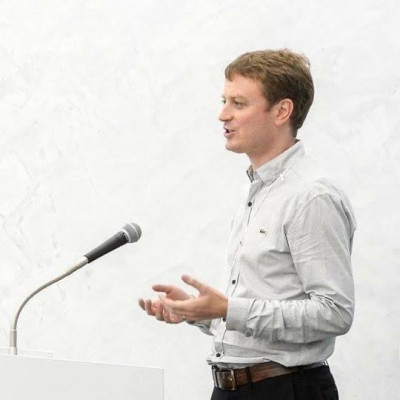

Fostering Interest in Global Issues with Model UN #482
In order to develop learner interest in global issues, one university English reading class syllabus was compiled based on a simplified version of a Model United Nations. Learners researched issues related to assigned countries, shared these with peers, and crafted resolutions. Techniques used, such as language input, negotiation skills, and feedback, will be demonstrated in this presentation. Such an approach allows learners to focus on the global community while working on English skills and negotiation.
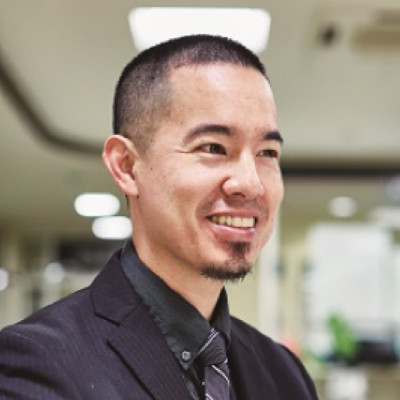

World Englishes and Japanese Students’ Beliefs #575
This presentation will report findings from data of 473 Japanese university students regarding their knowledge of, and attitude towards, varieties of English. The current study follows precursor research which indicated that Japanese tertiary students are increasingly open towards forms of English not considered to be part of the “inner circle” (Kachru, 1985). Results indicated that students place a high value on the potential to obtain cultural knowledge and understanding as part of their English curriculum.

Teaching Note Taking: A Quasi-Experimental Study #574
Note taking preparation in EAP courses can be crucial for students’ success on study abroad and in EMI courses. Despite positive initial findings, questions remain about whether explicit note taking instruction generates better results than uninstructed practice. This presentation reports on a quasi-experimental study of note taking instruction that involved control and intervention groups at the intermediate and advanced levels. Presentation attendees will learn about a teaching cycle and its effects on note taking ability.

Evaluating Learners’ Readiness for EMI #645
English-medium instruction (EMI) offers pedagogical efficiency by providing learners with academic content and opportunities to acquire English. However, its efficacy and effectiveness remain unproven with concerns over students’ academic readiness and language proficiency unresolved. Learners’ readiness for writing a graduation thesis in English was evaluated through triangulation of idiodynamic ratings of comprehension, note taking ability, and comprehension test scores. Learners’ readiness for EMI, strategies to increase lectures’ comprehensibility, and insights for listener training are discussed.
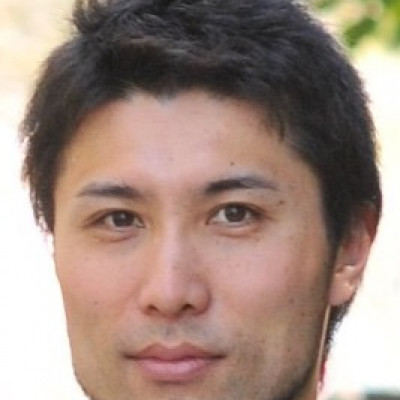
Shadowing Research: The Past and Future #651
The presenter will summarize shadowing research, then point out the problems, and propose what needs to be researched in the future. In the presentation, the presenter will review the brief theory and research findings of past shadowing studies. Then, the presenter will summarize the limitations, including what has not been researched and propose the directions of future research on shadowing, including how it should be done.
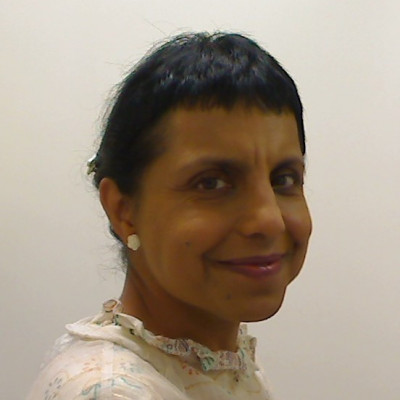
Building Cross-Cultural Communities in Healthcare #487
In today's globalized world, healthcare professionals need to be culturally competent to provide safe and effective care. This presentation describes an exchange program between a Japanese and a Canadian institution that has been building cross-cultural healthcare communities for the past five years through opportunities to shed stereotypes, explore new perspectives and gain intercultural skills. The presenter shares program details and invites audience feedback on the need and the ways to build cross-cultural communities in healthcare.

Microanalysis of Team Teaching With TAs in EAP #771
This study examines how team teaching with a teaching assistant (TA) can construct an interactional approach where a student’s learning takes place in the English for academic purposes (EAP) classroom. Microanalysis of 294 video-recorded EAP classroom interactions in Japanese universities revealed that the “team-feedback sequence” about the students’ task performance constructs a learning-rich moment. By using a two-step guide for understanding the point within the sequence, the students became socialized into academic discourse.


Using LESD in the CLIL University Classroom #594
Are important global issues, like climate change or health, falling on deaf ears in your university EFL classes? Language education for sustainable development (LESD) can be a valuable tool for you. The presenters will discuss the results of case study research exploring the use of LESD in EFL classes and share practical ways of how LESD principles and tools can be implemented to add meaningful value for your students.

WordEngine High-Frequency Vocabulary App #412
Promotional Visit the Lexxica pageThis workshop explores the features and benefits of WordEngine, an application that teaches high-frequency vocabulary for general English and special-purpose domains such as TOEFL, TOEIC, CEFR, and IELTS. Students study with smartphones, tablets, and computers, and it costs ¥215 per month. Progress reports for teachers are free, as are the exciting cooperative learning tournaments designed to motivate entire classrooms. Find out how WordEngine makes learning vocabulary simple, effective, and yes, even fun.
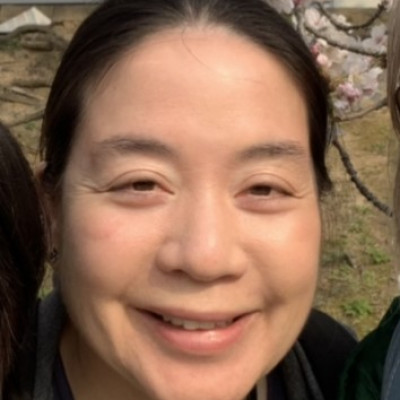
Japanese Language Assistants as Peer Role Models #610
The presenter will demonstrate how Japanese self-access center assistants identified how they could be positive role models for their Japanese peers who visited the center. The assistants were asked about their lifelong English learning process, resources for learning English, and their motivation. They reported that studying English evolved from learning for pleasure, studying to pass high-stakes exams, and finally towards autonomous learning, communication with Japanese and international students, and study abroad.
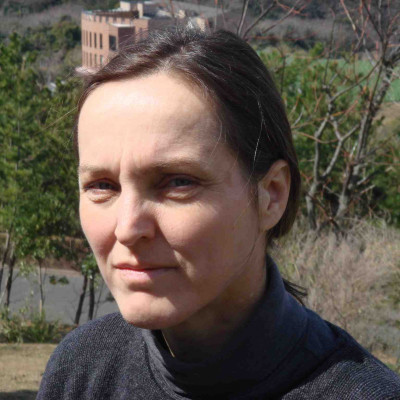

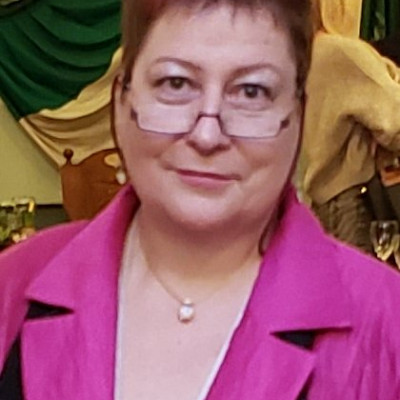
Getting Ready to Express Themselves in Communities #258
The presenters will introduce a tandem protocol they used for a project between the Leibniz University Hannover and the Universities Fukushima and Kyoto. The tandem protocol helped students structure their learning experience. The results of surveys and suggestions for improvement will be presented. One presenter allowed the students to use translation software for writing texts. Weaknesses of translation software and grammar structures the students used will be discussed. (Vorträge auf Deutsch)

Shifting Language Ideologies During Study Abroad #664
This session discusses the changes in beliefs and attitudes toward English as an international language experienced by a group of Japanese university students in a short-term study abroad program in the Philippines. These beliefs and attitudes are framed as “language ideologies” (Surtees 2016), which are belief systems toward language shared by a community in a given circumstance. Data is drawn from interviews conducted before and after a four-week intensive English training course.
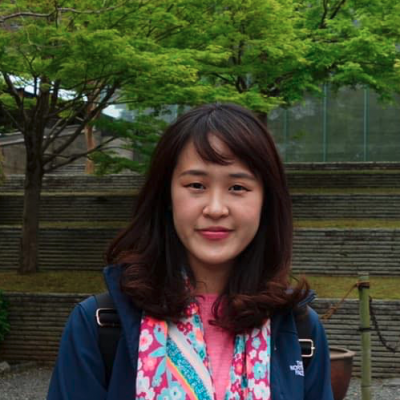
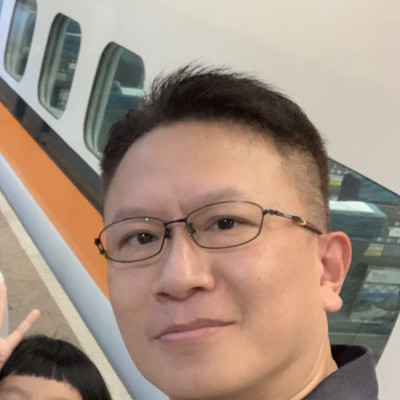
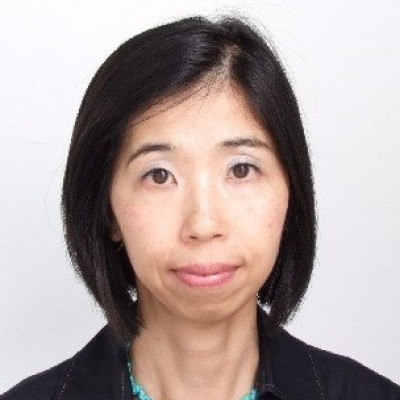
Taiwanese Students Meet Japan: An ELF Program #582
The study investigated the effectiveness of an English-as-a-lingua-franca (ELF) program in Japan. A group of Taiwanese college students were enrolled in a 2-week intensive program. The students and their Japanese partners attended English-medium courses taught by native and non-native English teachers. The major findings indicated: Taiwanese students’ perceived effectiveness of the program was positive and they ranked improved communication skills, home-stay experience, and willingness to interact with Japanese students as the most valued program components.
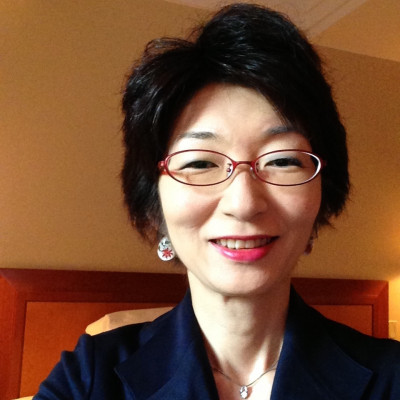
Critical Incidents: With or Without Instruction? #570
A critical incident (CI) is based on a real-life situation and typically involves a dilemma for which there is no easy solution (Pedersen, 1995). This exploratory study compares the depth of learning achieved by two groups of short-term study abroad participants: those who receive explicit CI instruction, and those who do not receive any CI instruction. Implications include how CI instruction can add to the advantages that short-term programs offer.